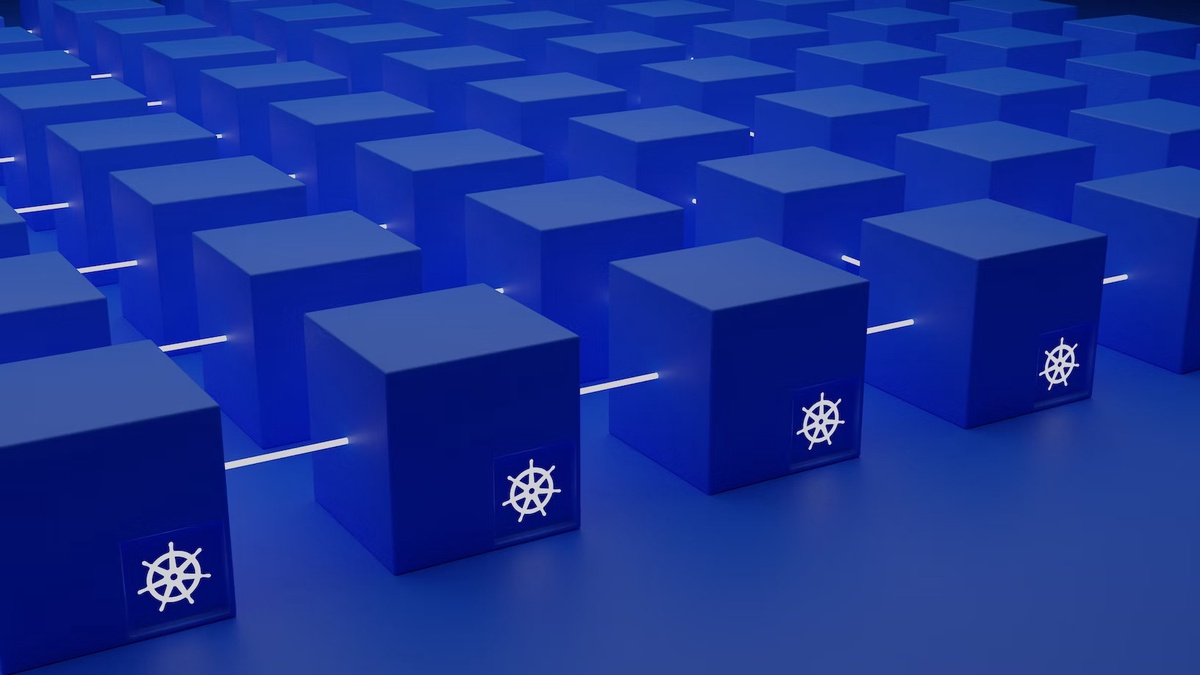In the ever-evolving landscape of technology, two paradigms have stood out as transformative forces: Kubernetes, the de facto standard for container orchestration, and Machine Learning (ML), the groundbreaking field that enables computers to learn and make decisions. Together, they form a formidable duo, promising unparalleled efficiency and scalability in deploying machine learning models. In this blog post, we'll embark on a journey through the fascinating realm where Kubernetes meets Machine Learning.
The Intersection of Kubernetes and Machine Learning
At first glance, Kubernetes and Machine Learning may seem worlds apart. Kubernetes excels at orchestrating containers in a distributed environment, while Machine Learning is all about training models on vast datasets. However, beneath the surface, their convergence is reshaping the landscape of ML deployment and management.
Why Kubernetes for Machine Learning?
1. Scalability and Resource Management
One of Kubernetes' most celebrated features is its ability to scale applications effortlessly. In the world of Machine Learning, where models can range from simple linear regressions to complex deep neural networks, scalability is essential. Kubernetes ensures that your ML workloads can dynamically scale up or down based on demand, optimizing resource allocation.
2. Portability Across Environments
Kubernetes abstracts away the underlying infrastructure, making your ML models and applications portable across different cloud providers or on-premises data centers. This portability minimizes vendor lock-in and offers flexibility in choosing where and how to run your ML workloads.
3. Resource Isolation
Kubernetes provides resource isolation through its namespace and resource quota mechanisms. This ensures that your ML models don't interfere with other applications, leading to better performance and reliability.
4. Automated Deployment and Scaling
Kubernetes' declarative configuration and automation capabilities simplify the deployment and scaling of ML workloads. You can define your ML environment, including dependencies, in code, allowing for consistent and repeatable deployments.
Use Cases for Kubernetes in Machine Learning
1. Model Training at Scale
Kubernetes can distribute the training of machine learning models across multiple containers, enabling faster training times and parallel processing.
2. Real-Time Inference
For real-time applications like recommendation engines or fraud detection, Kubernetes can efficiently manage containers that serve predictions based on trained models.
3. Hyperparameter Tuning
Automated hyperparameter tuning, a critical aspect of model optimization, can be orchestrated using Kubernetes, making it easier to experiment with different configurations.
4. Data Pipeline Orchestration
Kubernetes can orchestrate complex data pipelines that prepare, preprocess, and serve data to machine learning models.
Challenges and Considerations
While the combination of Kubernetes and Machine Learning holds immense promise, it's not without challenges:
1. Complexity
Kubernetes, with its rich feature set, can be complex to set up and manage. Teams may need specialized knowledge to operate Kubernetes effectively.
2. Resource Management
Optimizing resource allocation for ML workloads can be challenging. Overallocation can lead to unnecessary costs, while underallocation can result in longer processing times.
3. Monitoring and Debugging
Monitoring the performance of ML workloads in Kubernetes and debugging issues can be complex due to the distributed nature of containerized applications.
Conclusion: The Future of Machine Learning
As we venture further into the world of Machine Learning, the convergence of Kubernetes and ML promises to reshape how we deploy, manage, and scale intelligent applications. The collaboration between these two technological giants is propelling us toward a future where machine learning is as seamless and accessible as deploying a container. In this new era of orchestration and intelligence, the possibilities are boundless, and innovation knows no bounds. Welcome to the future of Machine Learning, orchestrated by Kubernetes!


No comments yet